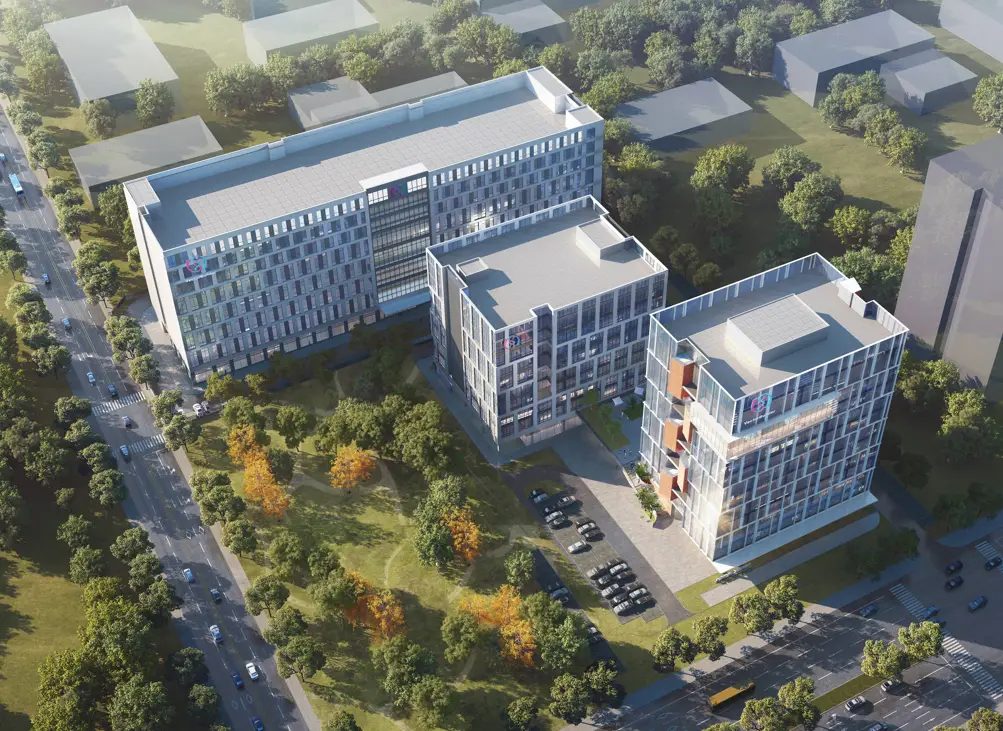VectorBuilder, based in Chicago, plans to invest US$ 500M over the next four years in a two-phase project to construct a new gene therapy manufacturing facility and research institute in Guangzhou, China. The CDMO, which specializes in gene delivery solutions, stated that when the project is finished, the facility will have 200,000 square meters of space and over 2,000 staff. The facility will have 30 production suites for plasmids, mRNA, AAV, lentivirus, cell lines, and other viral and non-viral vectors.
According to the corporation, the gene therapy manufacturing facility will also provide CRO services and a research hub focused on creating new gene delivery technologies. VectorBuilder, which was created in 2015, has not disclosed who is giving financial backing for construction, but it has stated that the initiative is just one component of the company’s intentions to grow manufacturing and R&D hubs across the world.
“With the recent advancement of genetic medicine, gene vectors are now rapidly moving into clinical use, including CAR-T, gene therapy, mRNA vaccines, and oncolytic viruses,” Bruce Lahn, chief scientist at VectorBuilder, stated. “As a result, we are increasing our R&D and manufacturing capabilities in order to continue to lead the way in the creation of innovative gene delivery technologies.”
Read also: Center City Crossing Breaks Grounds in Gastonia, North Carolina, USA
Developments in cell and gene therapies
The industry has spent billions of dollars in recent years to improve manufacturing facilities to manage the intricate process of developing such medications, pushed on by the COVID-19 pandemic and other developments in cell and gene therapies.
In recent months, Regeneron revealed a deeper dive into gene therapy by collaborating with ViGeneron on a retinal disease prospect based on engineered recombinant adeno-associated virus vectors (vgAAVs), and scientists from the University of North Carolina at Chapel Hill and North Carolina State University announced a possible way to reduce CAR-T processing time from two or more weeks to a single day by using an implant.
Recipharm acquired two companies in February, Arranta Bio, and Vibalogics, to expand its biologics capabilities. Arranta concentrates on microbiome therapeutic products and mRNA clinical manufacturing, whereas Vibalogics produces oncolytic viruses, viral vaccines, and gene therapies.

Leave a Reply